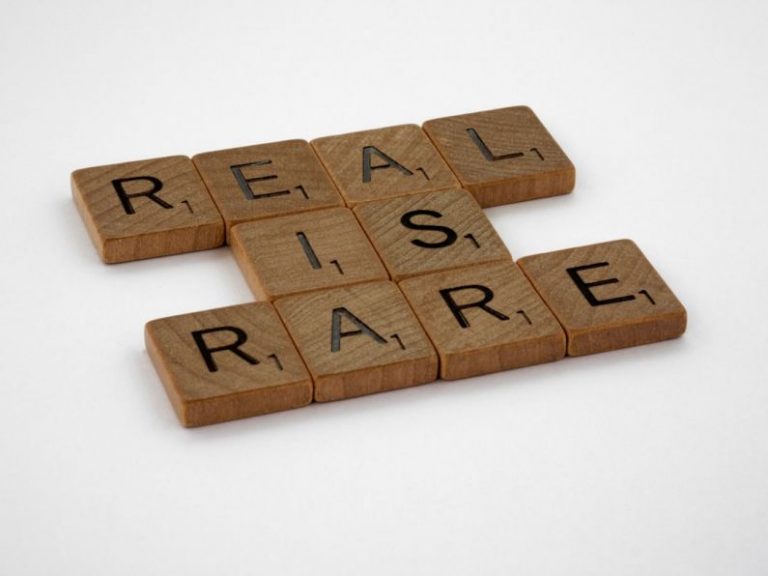
When shopping abroad, whether for a vacation souvenir or a special item not available in your home country, navigating customs and import taxes is a crucial aspect that can impact your overall shopping experience. Understanding how to handle these processes can save you time, money, and potential headaches. From knowing what to declare to being aware of duty-free limits, here are some essential tips to help you navigate customs and import taxes when shopping abroad.
Understanding Customs Declarations
One of the first things to consider when shopping abroad is understanding customs declarations. When you travel to a different country, you are legally required to declare certain items you bring back with you. These declarations help customs officials assess whether you need to pay import duties on the items you are bringing into the country.
It is essential to be honest when filling out your customs declaration form. Attempting to hide items or providing false information can result in fines or confiscation of goods. Remember that customs officials have the right to inspect your luggage, so it is best to be transparent about what you are carrying.
Research Duty-Free Limits
Before you embark on your shopping spree abroad, take the time to research the duty-free limits of the country you are visiting. Duty-free limits refer to the maximum value or quantity of goods you can bring back into your home country without having to pay import duties.
These limits vary from country to country and can also depend on whether you are traveling alone or with family members. Exceeding these limits can result in having to pay taxes on the excess items, so it is crucial to be aware of the restrictions before making your purchases.
Utilize Duty-Free Allowances
To make the most of your shopping experience abroad, take advantage of duty-free allowances. Many countries offer duty-free shopping at airports, seaports, and border crossings, allowing travelers to purchase goods without paying import duties.
Duty-free shops often sell a wide range of products, including alcohol, tobacco, perfume, cosmetics, and luxury items. By shopping at these stores, you can enjoy significant savings compared to buying the same products in regular retail stores.
Declare Items of Value
If you purchase high-value items while shopping abroad, it is important to declare them to customs officials upon your return. Failure to declare expensive items can result in penalties or confiscation of goods.
When declaring valuable items, be prepared to provide receipts or proof of purchase to verify the value of the goods. This documentation can help customs officials assess the appropriate import duties to be paid on the items.
Be Mindful of Prohibited Items
In addition to knowing what to declare and how to stay within duty-free limits, it is essential to be mindful of prohibited items when shopping abroad. Certain goods, such as endangered species products, counterfeit items, and restricted substances, are strictly prohibited from being brought into many countries.
Before making any purchases, familiarize yourself with the customs regulations of the country you are visiting to ensure that you do not inadvertently buy prohibited items. Violating these regulations can lead to severe consequences, including fines, confiscation, and legal action.
Navigating customs and import taxes when shopping abroad can seem daunting, but with the right knowledge and preparation, you can ensure a smooth and hassle-free experience. By understanding customs declarations, researching duty-free limits, utilizing duty-free allowances, declaring items of value, and being mindful of prohibited items, you can shop with confidence and avoid any potential issues at customs checkpoints. Remember to stay informed, follow the rules, and enjoy your shopping adventures around the world.





